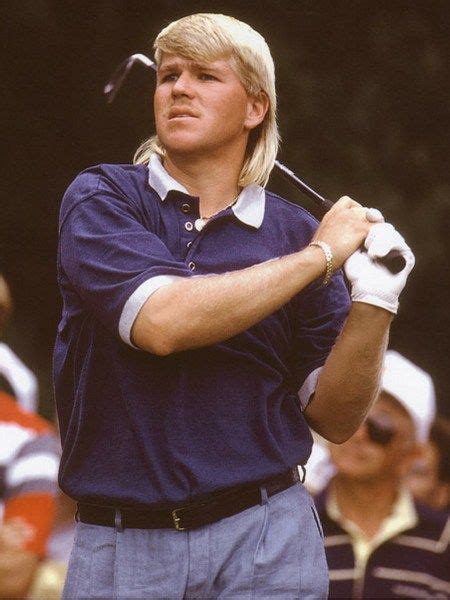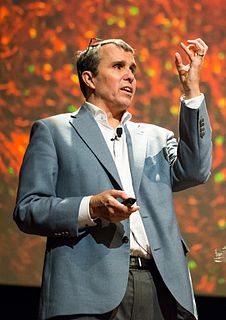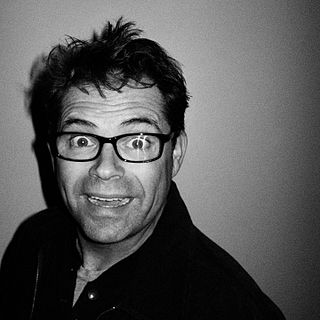A Quote by John Daly
How you frame an issue shapes how it is viewed by others. Great advocates frame their ideas as problems that need solutions.
Related Quotes
Why is nobody questioning the sanity or suicidal tendencies of Everest ascenders? It's kind of a question of framing: How do you frame these activities? We frame them as freedom-loving, exciting, progressing sports and they are. But there are other ways to frame it. It's also true that these young men, neurologists say that their frontal lobes aren't developed yet - the long-term planning part of the brain.
My father was a teacher, my mama was a community worker, I taught in so many schools. So when you get that experience of how to communicate with younger people, put that hand on them and give them that old-school feeling, the maturity and adult, a lot of our kids just need the feeling of that love, and that's the frame of reference that I teach from and that's the frame of reference that all of our musicians in the Jazz at Lincoln Center.
I think about photographs as being full, or empty. You picture something in a frame and it's got lots of accounting going on in it-stones and buildings and trees and air - but that's not what fills up a frame. You fill up the frame with feelings, energy, discovery, and risk, and leave room enough for someone else to get in there.
When the rich build bigger, they shift the frame of reference that shapes the demands of the near rich, who travel in the same social circles. Perhaps it's now the custom in those circles to host your daughter's wedding reception at home rather than in a hotel or country club. So the near rich feel they too need a house with a ballroom. And when they build bigger, they shift the frame of reference for the group just below them, and so on, all the way down.
Lokpal Bill alone is not adequate to fight corruption. We need a comprehensive anti-corruption code in this country. The UPA Government has developed a powerful anti-corruption frame work consisting of eight new Central laws...... This is not about one Bill, this is about a frame work and we want to deliver that frame work to the country






































